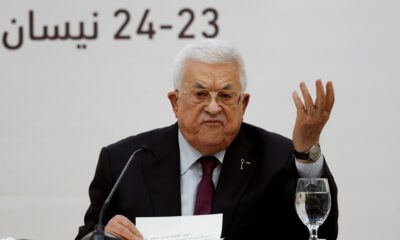Latest News
British minister says officials speak regularly but UK ‘some way off’ recognizing IEA
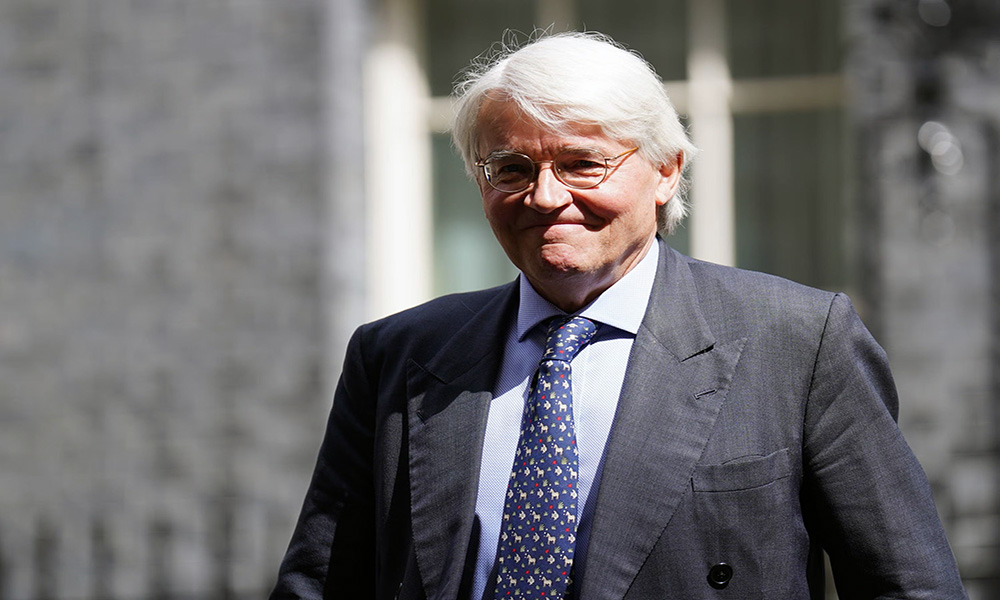
Britain’s foreign office minister of state, Andrew Mitchell, said Wednesday the UK is “some way off” moving to recognise the Islamic Emirate of Afghanistan although officials from both sides speak regularly.
Responding to calls from former minister Tobias Ellwood for the UK to re-engage with the IEA and reopen the Kabul embassy, Mitchell said the UK government has a “pragmatic dialogue” with the IEA but needs to “keep the pressure on them to change their approach”.
He also said the government will keep “very much under review” calls to reopen the UK embassy in Afghanistan, but he noted the security and political situation does not currently allow them to re-establish a diplomatic presence in Kabul.
Speaking in Westminster Hall, Mitchell said the IEA’s “increasingly repressive” policies have had a “devastating impact” on women and girls in Afghanistan while minority groups face “discrimination and attacks”.
He said the basic expectations, as made clear by UN resolutions, include ensuring Afghanistan will “no longer be used as a base for terrorist activities”.
Mitchell told MPs: “Our senior officials speak regularly to the Taliban (IEA), including to secure the release of four British national detainees last October.
“Officials also visit Kabul when the situation permits, including a visit last month from the British charge d’affaires to Kabul, where he met a wide range of senior Taliban figures.
“Regardless of the complexities of the relationship, the UK government has helped lead the way in securing the Afghan people.
“In respect of (Mr Ellwood’s) plea about the embassy, we will note what he has said and keep that very much under review.”
Mitchell also said the UK has dispersed more than £600 million since 2021 in aid for Afghanistan.
Mitchell added: “Our intention since August 2021 has been to re-establish a diplomatic presence in Kabul when the security and political situation allows. We do not believe that is the case at the moment but officials continue to visit and we’ll keep this under close review.
“We’re clear that we must have a pragmatic dialogue with the Taliban (IEA) however this does not amount to recognition. We are some way off moving to recognise the Taliban and we need to keep the pressure on them to change their approach.
“This does not stop us from having an impact on the ground and directly helping the people of Afghanistan in any pragmatic way.”
The IEA has not yet commented on Mitchell’s address to British MPs.
Latest News
Afghan delegation to participate in Iran’s international expo
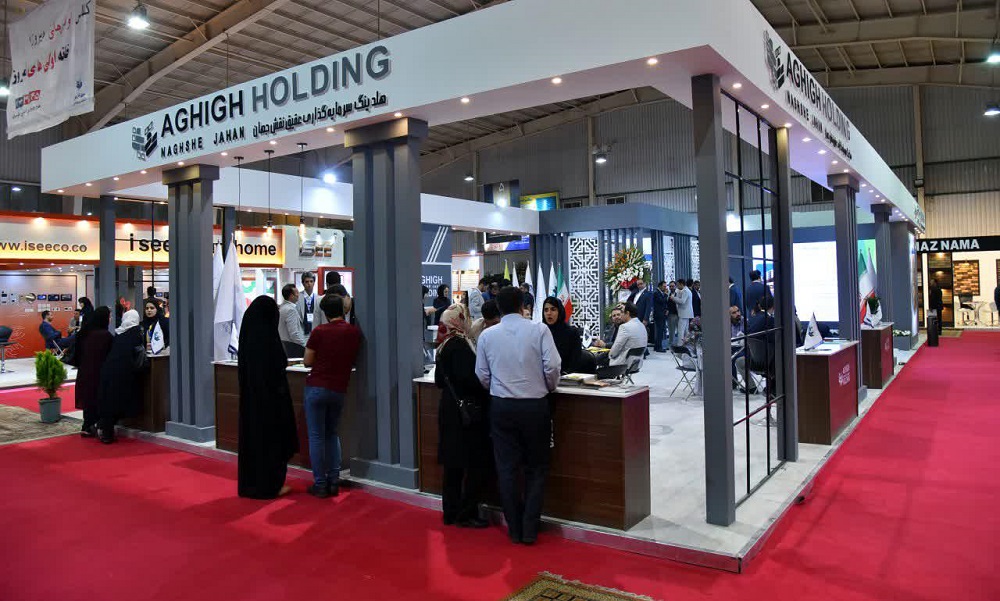
Iranian officials have announced that a 200-member delegation, comprising Afghan government officials and private sector representatives, will attend the 7th International Exhibition of Iran’s Export Capabilities.
Officials from the Islamic Emirate, meanwhile, consider the presence of Afghan traders at this exhibition to be significant, stating that showcasing domestic products will help promote and market Afghan goods.
Abdul Latif Nazari, Deputy Minister of Economy, said: “Economic cooperation between the private and public sectors of Afghanistan and Iran is in the interest of both countries.”
“The visit of the high-ranking delegation of the Islamic Emirate to Iran can play a vital role in expanding economic and trade exchanges between the two countries,” he added.
In addition, Afghanistan Chamber of Commerce and Investment (ACCI) said that 80 booths have been allocated to Afghan traders at the exhibition, where agricultural products, precious stones, and other Afghan goods will be showcased.
Several experts also stated that Afghanistan’s participation in regional and international exhibitions is important and can lead to stronger economic ties with other countries.
This comes as Iran remains one of Afghanistan’s key economic partners, with annual trade volume between the two nations exceeding $3 billion.
Latest News
14 kms of TAPI pipeline laid inside Afghanistan, says project manager
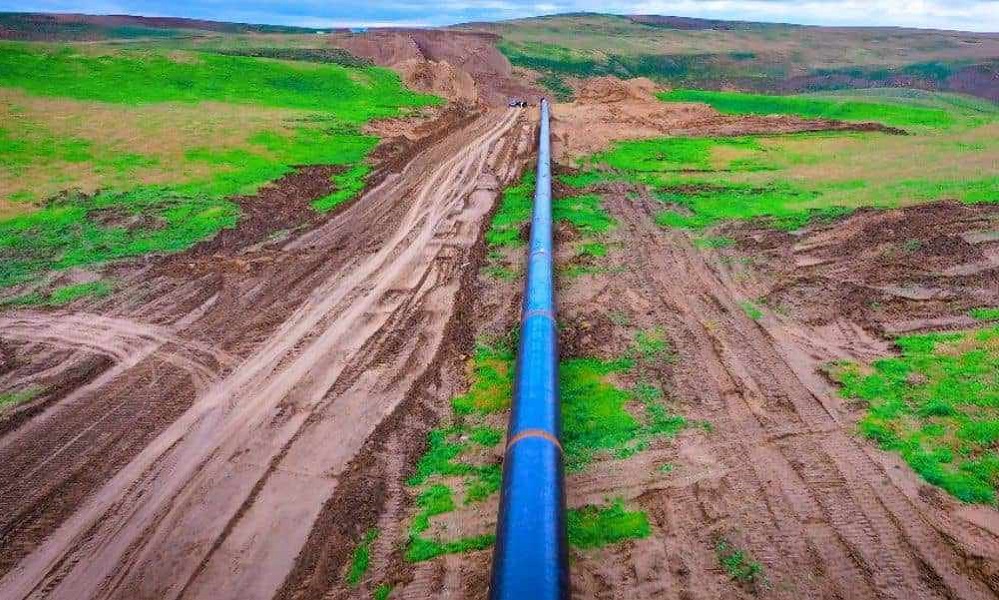
Baganch Abdullayev, the General Director of the TAPI project in Afghanistan, on Thursday met with Noor Ahmad Islamjar, the governor of Herat, for a report back on progress made in accelerating the pipeline-laying process of the Turkmenistan-Afghanistan-Pakistan-India project in the province.
The Herat governor’s press office said in a statement that Abdullayev shared a brief report on the progress of the TAPI project with Islamjar.
According to the statement, Abdullayev said so far 14 kms of pipeline has been laid while an additional 24 kms of ground has been levelled for the pipeline.
During the meeting, the governor of Herat also welcomed the efforts of TAPI project officials in advancing the work and assured the project head of the local administration’s full support in facilitating the swift progress of the project.
Once completed, TAPI pipeline will transport natural gas from the Galkynysh Gas Field in Turkmenistan through Afghanistan into Pakistan and then to India.
The pipeline was completed on the Turkmenistan side in 2024, and the project is currently expanding southbound in Herat Province of Afghanistan.
Latest News
WFP appeals for $25 million to help support Afghan returnees amid humanitarian crisis
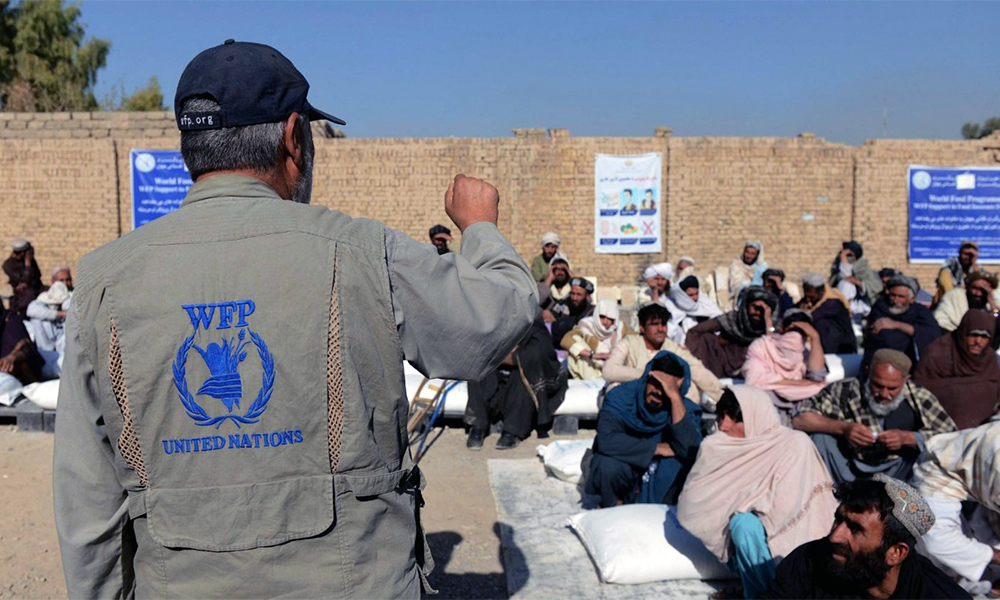
The World Food Programme (WFP) this week issued an urgent appeal for $25 million to address the escalating needs of Afghan refugees being expelled from Pakistan.
According to the WFP, thousands of Afghan families are crossing into Afghanistan from Pakistan every day and face serious food insecurity.
The organization also stated that millions in Afghanistan are grappling with severe hunger, and immediate aid of $25 million is needed to assist returnees.
On Wednesday, April 23, in a video shared on X, WFP’s head in Afghanistan, Mutinta Chimuka, visited the Torkham border crossing with Pakistan. During her visit, she highlighted the challenges faced by returnees, many of whom have spent their entire lives in Pakistan and are unfamiliar with Afghanistan.
Chimuka pointed out that many returnees have no income, employment, food, or shelter.
The WFP stressed that thousands of families are being forced to leave Pakistan, while 15 million people in Afghanistan are uncertain where their next meal will come from. The situation has become dire, with basic needs going unmet for a large portion of the population, the WFP said.
Chimuka warned that current aid efforts are insufficient to support the returnees, and new financial resources are urgently needed to address their needs by the end of the year.
Meanwhile, the pace of deportations and expulsions of Afghan migrants from neighboring countries, particularly Pakistan, continues to increase. The Pakistani Ministry of Interior reported that over 100,000 Afghan migrants have been returned since April 1.
The International Committee of the Red Cross (ICRC) has also raised alarm, noting that while thousands of refugees return every week, there are millions of Afghans who are currently facing poverty, homelessness, and difficult living conditions.
-

 Latest News5 days ago
Latest News5 days agoPolio vaccination campaign launched in Afghanistan
-

 International Sports3 days ago
International Sports3 days agoIPL 2025: Robo-Dog ‘Champak’ explained
-

 International Sports5 days ago
International Sports5 days agoIPL 2025: 14-year-old Vaibhav Suryavanshi becomes youngest IPL player
-

 Latest News4 days ago
Latest News4 days agoAriana Afghan Airlines increases flights to China
-

 World4 days ago
World4 days agoPentagon chief Hegseth shared sensitive Yemen war plans in second Signal chat, source says
-

 Latest News4 days ago
Latest News4 days agoChina invites various Afghan delegations to attend Shanghai forums
-

 Latest News3 days ago
Latest News3 days agoAfghan-American appointed to lead US policy on Afghanistan
-
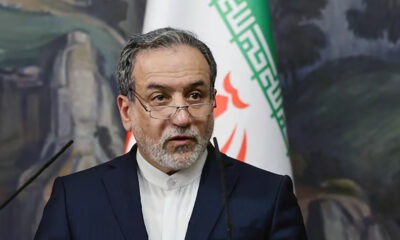
 Regional3 days ago
Regional3 days agoIran’s top diplomat to visit China on Tuesday


